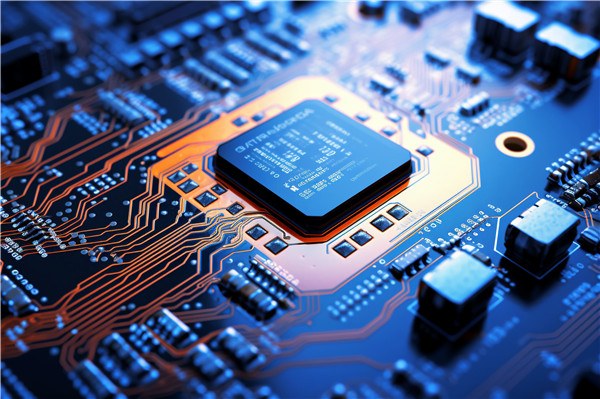The market positioning of Asian PCB factories is becoming increasingly evident
The market positioning of printed circuit board (PCB) factories in various Asian countries is becoming increasingly clear in industrial competition and cooperation. Taiwanese companies are the world's largest supplier of circuit boards, with complete products and leading technology, followed by mainland investors, with hard boards as the bulk, Japanese companies ranking third, carrier and soft boards as the main products, and Korean companies ranking fourth, mainly focusing on the carrier board field.
There are about thousands of manufacturers in the global PCB industry, and the horizontal competition has always been fierce. Among them, the Asian PCB industry has always played a key role in the electronics manufacturing industry. More than 90% of the circuit boards are manufactured here, among which the circuit board enterprises in Taiwan, China, Japan, South Korea, and Chinese Mainland are the most important. Enterprises need to focus on product and technology development, adjust market positioning to win. After years of competition and cooperation, Find each other's market positioning as well.
At present, the most widely used hard PCBs (including single and double-sided boards, multi-layer boards, and HDI boards) have the most intense competition due to mature technology. They are led by Taiwanese and land-based board manufacturers who are good at cost control. Japan and South Korea, which have terminal product design advantages, have gradually withdrawn from low-end products due to their technological advantages and high production costs in the PCB industry and transitioned to the field of soft boards and carrier boards with high technological barriers. Now, Japan is the second largest soft board industry in the world The third largest carrier board producing country, mainly for applications in semiconductors, communication, and automotive electronics. South Korean manufacturers, after exiting HDI, are highly focused on carrier development and are now the second largest carrier manufacturer in the world. Their products are mainly BT carrier boards, which are used in mobile AP, DDR, and SSD applications. For enterprises, in addition to the overall environment and market changes, the observation of major competitor strategies is also an important issue.
In terms of countries, 50% of Japan's PCB industry is still produced in Japan, followed by Chinese Mainland and Southeast Asia (Thailand, Vietnam). In recent years, it has focused on the business of carrier boards and vehicle boards, with ABF carrier boards as the main product. The production of this high-end product is mainly concentrated in Japan, including manufacturers such as IBIDEN, SHINKO, MEIKO and KYOCERA. The application of automotive PCB covers a wide range, such as soft board, HDI, and multi-layer board products. These products are relatively mature and stable, and labor-intensive, with production bases spanning Japan and overseas. The main manufacturers are MEKTEC, MEIKO, and CMK.
In contrast, 60% of South Korean PCBs are manufactured in South Korea, followed by Chinese Mainland and Southeast Asia (Vietnam, Malaysia). Korean investors who were good at HDI, under the competition between Taiwanese and mainland investors, South Korean major manufacturers such as Samsung Motor (SEMCO), LG Innotek and Daeduck Electronics have all quit in recent years, switched to high value-added carrier business, and strengthened the production capacity in South Korea and Southeast Asia, including SEMCO, LG Innotek Manufacturers such as Daeduck are actively expanding ABF carrier capacity, while Simmtech continues to deepen BT carrier and high-end HDI businesses.
The development strategy of the circuit board industry in China, Japan, and South Korea is remarkable. In addition to leveraging its own advantages in different product fields, more than 20 PCB manufacturers across the Taiwan Strait announced their investment plans in Thailand. The global PCB industry has also opened up a new battlefield in Southeast Asia, and Thailand is expected to become a new PCB production settlement. Clustering can reduce manufacturers' logistics and procurement costs, and also stimulate industry innovation and breakthroughs.

